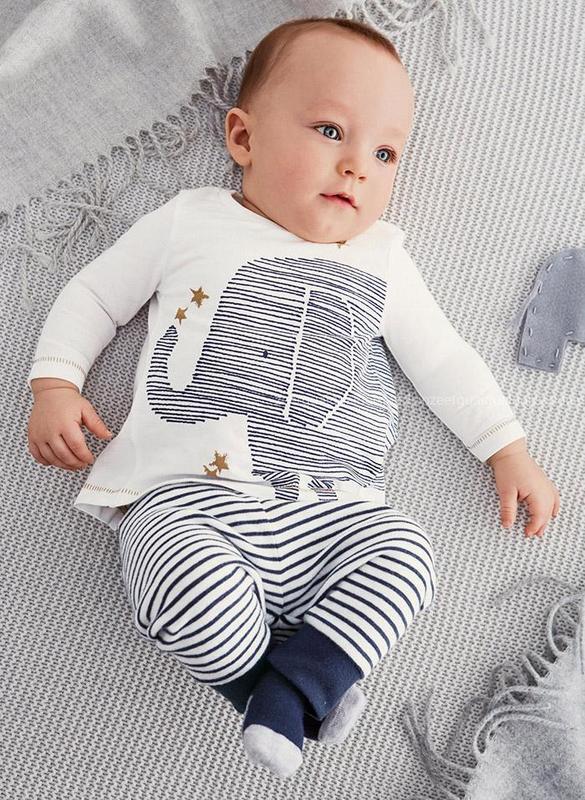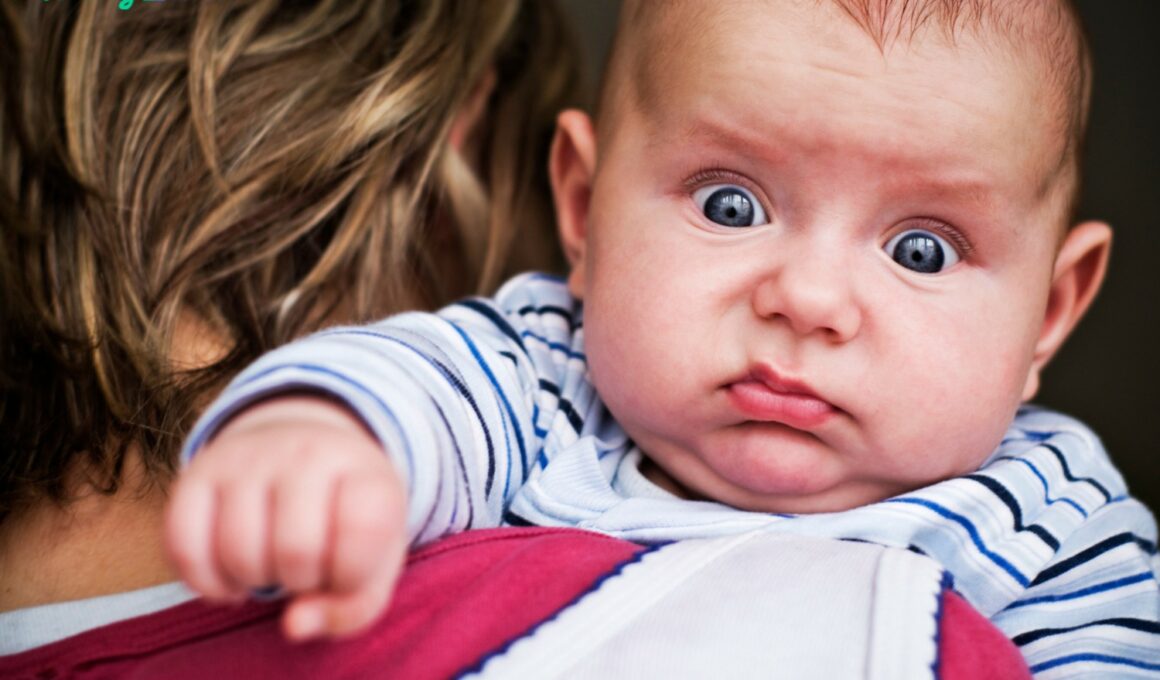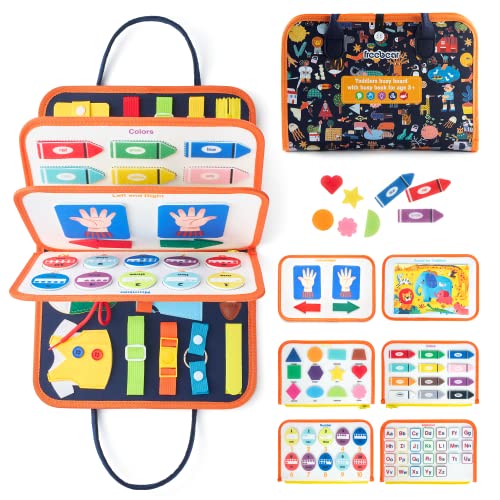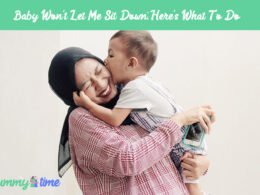In This Article Show
Hearing the enchanting sounds that your baby usually makes is nothing but bliss. However, when we stop hearing them babble on, we wonder what this could mean. Is it an indication that something is wrong with the baby or they are not in the mood?
As delightful and intriguing as babbling can be, it is an important developmental milestone for babies so it is well justified to be concerned. So it is okay to be puzzled and curious about what this could mean.
Most times, this could mean that your baby has reached a stage where the development of their baby language has slowed down temporarily, or they are a bit distracted and have focused more on other milestones.
However, on some occasions, this could be a sign of a more serious issue, and consulting your pediatrician can help figure out a good and professional explanation of the issue or the cause.
Sit tight as we are about to take you on a thrilling journey of understanding the babbling and cooing of babies as a developmental milestone and the possible truths behind their sudden silence.

Understanding The Science Behind Babbling In Babies
Sometimes I personally wish I can understand what my baby is trying to say to me, and if there was a pill to help translate the baby’s language many parents would jump on it. But since there is none, we can only try to understand why babies are babblers.
Great deals to snatch for your little ones 🎉
Although we can’t decipher these meaning-less “words, ” it remains an all-embracing jargon that fills our hearts with joy. However, babies don’t just make these sounds to entertain us or just for the sake of fun, it is them preparing to start making out actual words, phrases, and eventually sentences.
Babbling plays a crucial role in their language development and has a bigger purpose than most parents give it credit. So when babbling starts, encouraging them to keep expressing themselves is great.
As much as these words can be understood, engaging them in “conversations” will help them explore more the language they hear around them. And with time a syllabic word like “ma” or “da” can become ”mama” and “dada” as long as they are encouraged to make these sounds and then it gets better from there.
Is It Normal For Babies To Start And Stop Babbling?
Yes, babies are very normal to experience fluctuations in their babbling patterns. As other cognitive and physical developments progress in stages, babbling can start and then stop abruptly for a while before possibly picking up again.
Some babies may have bursts of bubbling followed by a period of relative quiet while others tend to take longer breaks from babbling before diving into their vocal explorations. So when this happens with your child, have in mind that every child’s developmental journey is unique and babbling patterns may differ from baby to baby.

Why Do Babies Start Babbling And Then Stop?
Babies are explorers, as they are in a developmental stage where they have to discover themselves. When it is time for vocal exploration, and they suddenly stop making those sounds that remind us of how much time has gone then there must be an underlying reason. The following are the reasons why babies may stop babbling;
1. Not Enough Stimulation
When babies are not getting enough interactions or stimulation from people around them, they won’t be encouraged to explore, thereby causing them to go quiet vocally. Parents need to understand the importance of engaging their babies in conversations.
2. Attention Shifts
The truth is babies’ attention spans are still developing so they tend to temporarily redirect their focus from babbling to other stimuli that can hold their interest. When this happens, your baby may lose interest entirely in babbling only for a period.
3. Pause In Speech Development
As babies develop and grow through different stages of development, their cognitive and motor skills may begin to develop altogether. During this period, some babies may temporarily pause babbling as they acquire new mental or physical skills.
How To Encourage Your Baby To Start Babbling Again
Babbling can sometimes sound like music to our ears and when it stops without much explanation we want to uncover the ways to get our precious little one vocally active. Here are a few things you can do to get your baby pumped up about babbling again;
- Engage in interactive plays by spending quality time with your baby. It will help a lot to sing songs, play games and imitate the babbling and coos your baby makes.
- Provide your baby with a rich and stimulating environment that includes a variety of age-appropriate toys, objects, and sounds.
- Respond to your baby with baby-friendly sounds that keep your baby interested in wanting to vocalize.
- Babies tend to be more expressive with their words when they feel secure and safe, so ensure that you provide a secure and comfortable environment for your baby.
- Expose your baby to books, nursery rhymes, and books. Make sure to read, and sing aloud to further expose them to a wider range of sounds and vocabularies.
Wrapping up
The intricate journey of milestone development can sometimes confuse parents to the point at which they may fret. However, it is great to understand that it is completely normal for babies to take some time off babbling for a while and probably focus on other stimuli for several reasons
There are ways to encourage your baby to start chattering again by putting the tips disclosed in this article. That said, if you still have concerns or there are no form of improvements after trying these tips, it is best to consider seeking guidance from a healthcare professional.













